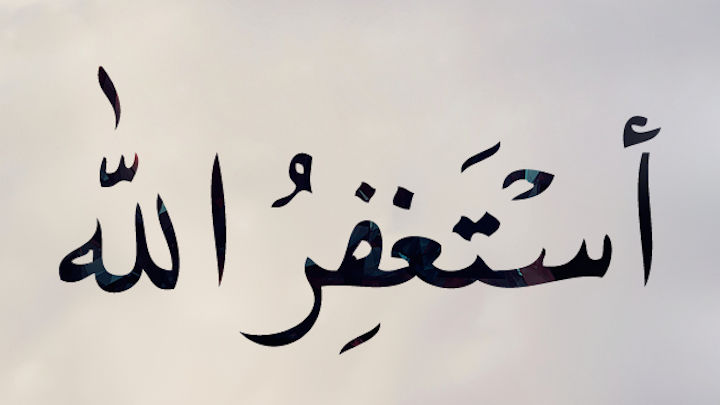An eye for an eye, or save the lives of mankind?
As the state prepares for its first execution in more than half a century, Shahindha Ismail ruminates on the value of forgiveness and mercy in Islam.

16 Jul 2016, 09:00
Some few of us have spoken on the penalty of death in the Maldives. We have discovered many, many flaws in the trials and processes of criminal justice that have led to the verdicts to kill. Those of us who spoke against implementing the sentence have faced some heavy criticism, if not harassment, for having spoken against it. We have been called anti-Islamic, defenders of criminals, and we have been labelled as disbelievers. It is quite interesting, the rigour with which some of us have defended the death sentence with Islam here in our small nation. A 100% Islamic state – at least according to the Constitution.
The first person to comment on my previous article about killing Humaam, Kirudhooni, concluded, “until a relative of the writer is brutally killed the voice is justified”. Allah forbid that a relative of anyone face such an end. I cannot speak for those who have lost loved ones to brutal murders, but I can certainly understand their pain. Little do you know, Kirudhooni, that I have had my relatives face some unimaginable pain and brutality around here. I don’t see any benefit in putting those perpetrators through the same pain. The benefit I do see, however, is to prevent them from causing further injustice to another, and it does not have to be through violent means. I do not believe in taking an eye for an eye – what would I do with that third eye anyway? The two that Allah blessed me with are just fine as they are.
وَجَزَاء سَيِّئَةٍ سَيِّئَةٌ مِّثْلُهَا فَمَنْ عَفَا وَأَصْلَحَ فَأَجْرُهُ عَلَى اللَّهِ إِنَّهُ لَا يُحِبُّ الظَّالِمِين 42:40
Thus the question that has burned a hole in my world of late: When did we become such a rancorous, unforgiving society?
Become a member
Get full access to our archive and personalise your experience.
Already a member?
Discussion
No comments yet. Be the first to share your thoughts!
No comments yet. Be the first to join the conversation!
Join the Conversation
Sign in to share your thoughts under an alias and take part in the discussion. Independent journalism thrives on open, respectful debate — your voice matters.




